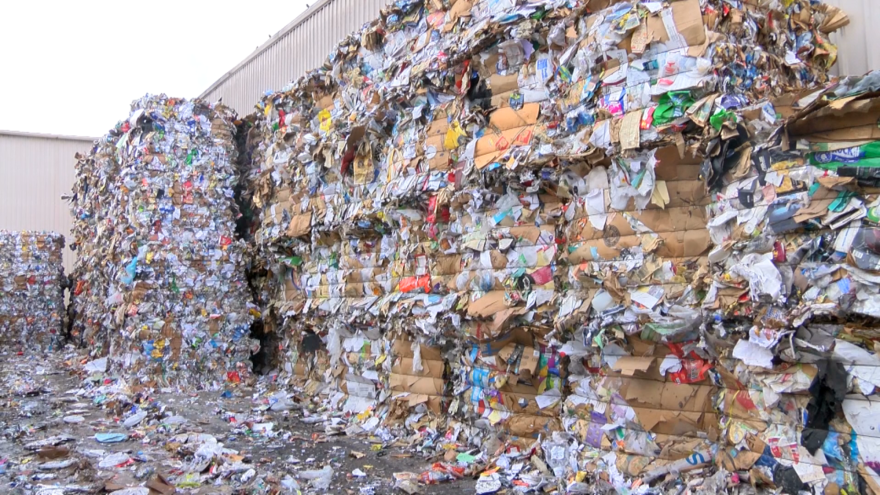Jacksonville, FL waste management policy avoids failed social acceptance.

In addition to multiple local and federal constraints is added that which is no less than the acceptance of equipment, understood as its integration into a social environment. Far from appearing to contradict each other, these different injunctions find points of convergence.
This involves for example, upgrading the image of treatment sites and landfills through the parallel development of services rendered to the population and to neighboring businesses: sale of compost, delivery of heat, drying of fodder, heating of greenhouses for example.
Energy recovery is seen as a factor in local acceptance of equipment, to the point that participation in greenhouse gas reduction is no longer a priority as such but is presented as a key element in the business of justifying the solution.
At the Florida level, it is interesting to recover the energy contained in waste to contain greenhouse gas emissions, but the challenge remains modest in terms of security of supply. On the other hand at the local level, the use of the energy contained in the waste is of great interest.
If it is accompanied by the creation of new activities or an attractive offer of collective heating, it could help to gain acceptance for the establishment of waste treatment facilities. In addition, if energy recovery is optimal, it will play a very significant role in financing waste treatment: more than a third of the cost of incineration in the most favorable cases.
The logics of valorization, territorialization and social acceptance are interwoven in a reconfiguration of the public policy of waste management which endeavors to stand out from a logic of elimination. Technical, territorial and social integrations come together to renew the frame of reference for waste management policy. However, this justification regime will be put to the test of controversies on incineration, which are manifested in local projects.
While incineration, which has become energy recovery, seeks a revival of legitimacy by joining a trend towards the territorialization of energy production, the refusal of this technique tends to radicalize, as evidenced by the demand for a moratorium during the presidential elections of 2008.
The objective of local development comes up against the refusal of populations to live near such equipment, which results in the difficulty of connecting incinerators to district heating networks. As such, support systems for the transport of heat from the incineration or combustion of biogas are also claimed, so that the extension of the networks does not come to penalize the profitability of the projects.
The social rejection of incineration comes to undermine the cog of valuation, territorialization, acceptance, insofar as localized valuation struggles to meet the challenge of local acceptance. On the basis of empirical observations gathered during a field study carried out with the Jacksonville Dumpster Rental Center, experts tried to highlight the points of discordance between the promoters and the opponents to this technique, so many points to the definition of the contours of the waste problem is played out.
The growing role of the climate argument in waste management is reflected in accounting games for the tonnes of CO2 avoided or emitted. Local authorities and private managers highlight the tonnes of CO2 avoided by a collective heating network compared to what the equivalent of the homes served by individual boilers would represent.
The benefits generated in terms of emissions justify the exclusion of district heating networks, including waste treatment facilities, from the federal plan to allocate greenhouse gas quotas. Associative actors however, insist on the inconsistency of this technique with the objectives of reducing greenhouse gas emissions with regard to the volumes of CO2 created by combustion.
Incineration remains a method of disposal yet to be tested. This process reduces the size of the waste by transforming most of the carbon captured in solid form into gaseous form. These gas emissions contribute greatly to the production of greenhouse gases without any attractive energy yield.
